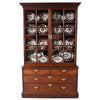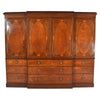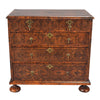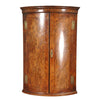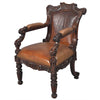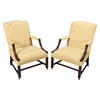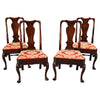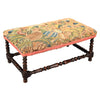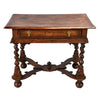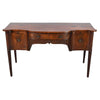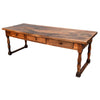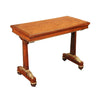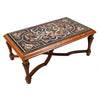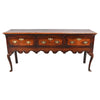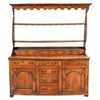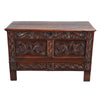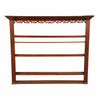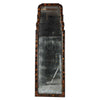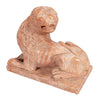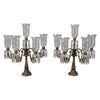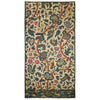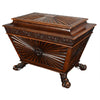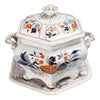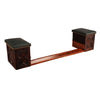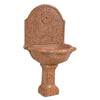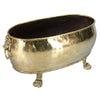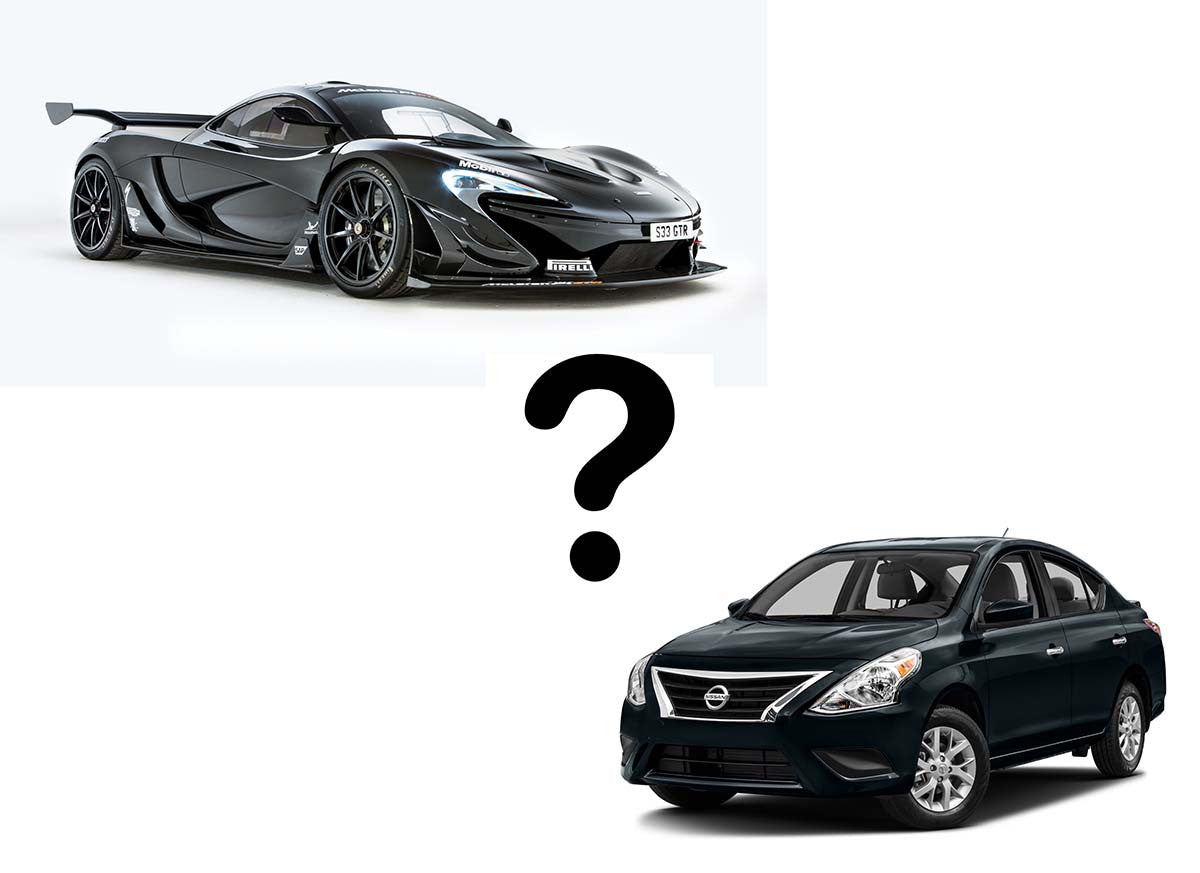
How Much Does a Car Cost?
A lady approached me at a recent antique show in Chicago. After complimenting several of the pieces she saw on our booth, she got to the point. She looked me in the eye and asked directly, "How much does a Sheraton table cost these days?" Well, in my terminology, a Sheraton period table could take any number of different forms. It might look like this:
Or it could look like this:
Or even this:
Her demeanor made it plain that she thought I was a total incompetent (or worse) for not knowing what a "Sheraton table" is, but I persisted. After a round of questioning and lots of flipping through of photos on the iPad, I learned that the table she was talking about had drawers and flap-leaves. However, it was not what I call a Pembroke table:
After a bit more digging, BINGO! We had hit upon the object in question. It is what I have always called a "sofa table." As in:
In spite of the barrier formed by our common language, we had solved the mystery. But now it was on to the riddle: so how much does a "Sheraton" (or sofa) table cost? I answered her question in the only way I know how: as honestly as I could. So I told her a Sheraton period sofa table can cost anywhere from $2,000 to $80,000. She was completely aghast. She made it very clear that I was no longer an ignorant fool as she had previously thought. I was now considered an outright affront to my profession. It was the lower end of my estimate that shocked her. She chastised me and told me that I should never have said $2,000 and that I should never tell that to anyone ever again. She explained how she had bought one of these tables 40 years ago for 25,000 pounds and that it was beyond the pale to suggest that there might be some examples floating around at such a meager price. So I turned to the iPad and pulled up several sofa tables online. Within seconds, I was able to show her one priced at $2,000 and another priced at $75,000. She must have thought I had conjured up some kind of black magic. She didn't want to hear what I was saying and stormed off in a huff. I was a bit surprised, because I would guess that there are many more people walking around an antique show who would be offended at the upper end of the estimate given.
The whole incident left me baffled. Amongst ourselves, many antique dealers will complain about show patrons seeking "free information" with no intention of buying. While I understand where they're coming from, I don't share the sentiment. As an antique dealer, I fully accept that part of the job is educating the general public in the hope that they will one day become buyers. In the case of "young people" (defined in our field as anyone under 60), those potential purchases may be many years in the future. But I'm patient and happy to talk to anyone, especially at the smaller shows we do which tend to have long periods of quiet time. So I must admit that it left me frustrated to provide an honest answer only to be met with such hostility.
I don't think her question was stupid. The layperson has no idea the ins and outs of the antique trade. That's why I recommend that they seek out and develop a relationship with a dealer that they trust. However, to illustrate the complexity in answering, consider this question: How much does a car cost? I think most people would understand that the answer depends on whether you're looking at a McLaren P1 or a Nissan Versa. While many of us would be surprised at the price of each of these cars, most of us will recognize that there are many factors that contribute to the pricing of each. I think we would each grasp that there are valid reasons for the wide fluctuations in pricing of cars or antiques or tea in China. In most cases, the old cliche holds true: you really do get what you pay for.

